Searching for healthier alternatives to white sugar is more than a dietary trend—it’s a crucial step towards a healthier lifestyle. With the growing concern over the health risks associated with heavily processed sugars, it’s essential to explore natural sweeteners that offer nutritional benefits without sacrificing taste.
Whether you’re a baking enthusiast or a tea lover, understanding the variety of sweeteners available can lead to more informed choices. Here, we delve into 11 natural alternatives that offer a spectrum of flavors and health benefits, making your journey away from refined sugar not only easy but delicious.
What Is the Healthiest Alternative to Sugar?
When considering a sugar substitute, the healthiest option is one that provides sweetness without harmful health effects. Natural sweeteners, such as stevia, can offer a zero-calorie solution ideal for those monitoring their sugar intake. Honey, while more calorific, includes antioxidants and can provide health benefits when consumed in moderation.
Another contender is monk fruit sweetener. Derived from a fruit native to Southeast Asia, it contains no calories or carbs, making it suitable for those managing diabetes or looking to reduce caloric intake. Its sweetness stems from natural compounds called mogrosides, which are antioxidants.
Maple syrup and coconut sugar are also popular alternatives, each with their own flavor profiles and nutritional advantages. Maple syrup contains minerals like zinc and manganese, while coconut sugar has a lower glycemic index, potentially causing less of a spike in blood sugar levels compared to regular sugar.
Ultimately, the healthiest alternative depends on individual dietary needs and preferences, but these options are certainly a great place to start.
Healthy Sugar Alternatives for Tea
- Honey: Adds a rich, floral sweetness and contains trace nutrients.
- Stevia: A plant-based, calorie-free sweetener that’s much sweeter than sugar, so you need less.
- Lemon or orange peel: Can provide a natural sweetness without sugar or calories.
For many, a cup of tea is a sacred ritual, and the addition of sugar can be a hard habit to break. However, these natural alternatives not only sweeten your beverage but also can enhance the flavor profile of your tea.
Coconut Sugar: Is It a Good Choice?
Coconut sugar is often praised for its low glycemic index compared to white sugar. Made from the sap of the coconut palm, it retains some nutrients that are usually absent in refined sugars, such as iron, zinc, calcium, and potassium.
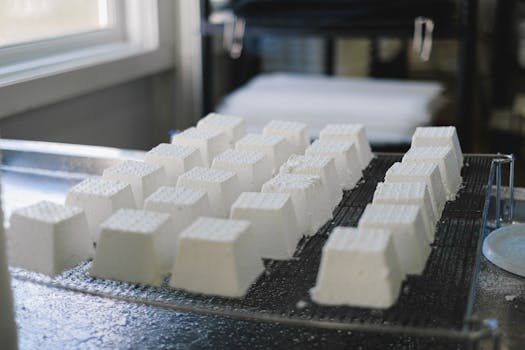
Though it’s not calorie-free and should be used in moderation, coconut sugar provides a more caramel-like flavor and can be a great substitute in recipes that call for brown sugar. It’s also more environmentally sustainable, with coconut trees requiring minimal amounts of water and producing sap for many years.
 Why make the switch to natural candy? It’s delish, for starters.
Why make the switch to natural candy? It’s delish, for starters.Healthy Sugar Alternatives for Coffee
For coffee connoisseurs, the right sweetener can transform a daily drink into a delightful experience. Alternatives like organic sweeteners or low-calorie sweeteners such as stevia and erythritol blend well without overpowering the coffee’s natural flavors.
Another excellent choice for coffee is chicory root fiber, a prebiotic that adds a hint of sweetness while promoting gut health. Dates, when blended into a paste, can also offer a rich sweetness that complements the robustness of coffee.
What Are Natural Sugar Examples?
Natural sugars come in various forms, each bringing a unique flavor and set of benefits to the table. Examples include:
- Honey: A natural sweetener with antibacterial properties.
- Maple syrup: Contains antioxidants and provides a distinct, rich flavor.
- Agave nectar: Sweeter than sugar with a lower glycemic index.
- Molasses: Rich in nutrients and offers a deep, bittersweet flavor.
Sugar Alternatives for Diabetics: What to Use?
Diabetics need to be particularly careful with sugar intake. Sweeteners such as stevia, erythritol, and monk fruit do not raise blood glucose levels, making them suitable alternatives. Xylitol, another sugar alcohol, has a minimal impact on blood sugar and can also promote dental health.
While these alternatives are safer for diabetics, it’s still essential to consult with a healthcare provider before making any significant changes to one’s diet.
What’s a Healthy Substitute for Sugar in Baking?
Baking without white sugar doesn’t have to be a challenge. Natural sweeteners like apple sauce can provide sweetness and moisture to cakes and muffins. Pureed bananas also offer a naturally sweet taste and add potassium-rich nutrition to your baked goods.
For a more direct substitute, coconut sugar and maple syrup can replace white sugar in a 1:1 ratio, offering complex flavors and a slightly reduced glycemic impact.
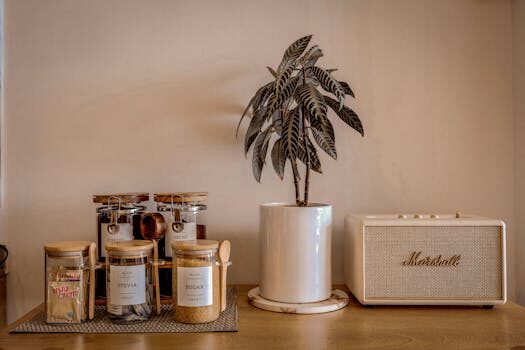
Refined Sugar Vs Natural Sugar: What’s the Difference?
Refined sugar, typically sourced from sugar cane or beets, undergoes extensive processing, stripping away any natural nutrients. Natural sugars, on the other hand, are minimally processed and often retain some beneficial elements, such as vitamins and minerals.
While both can affect blood glucose levels, natural sugars often have a lower glycemic index and can offer more health benefits when used in moderation.
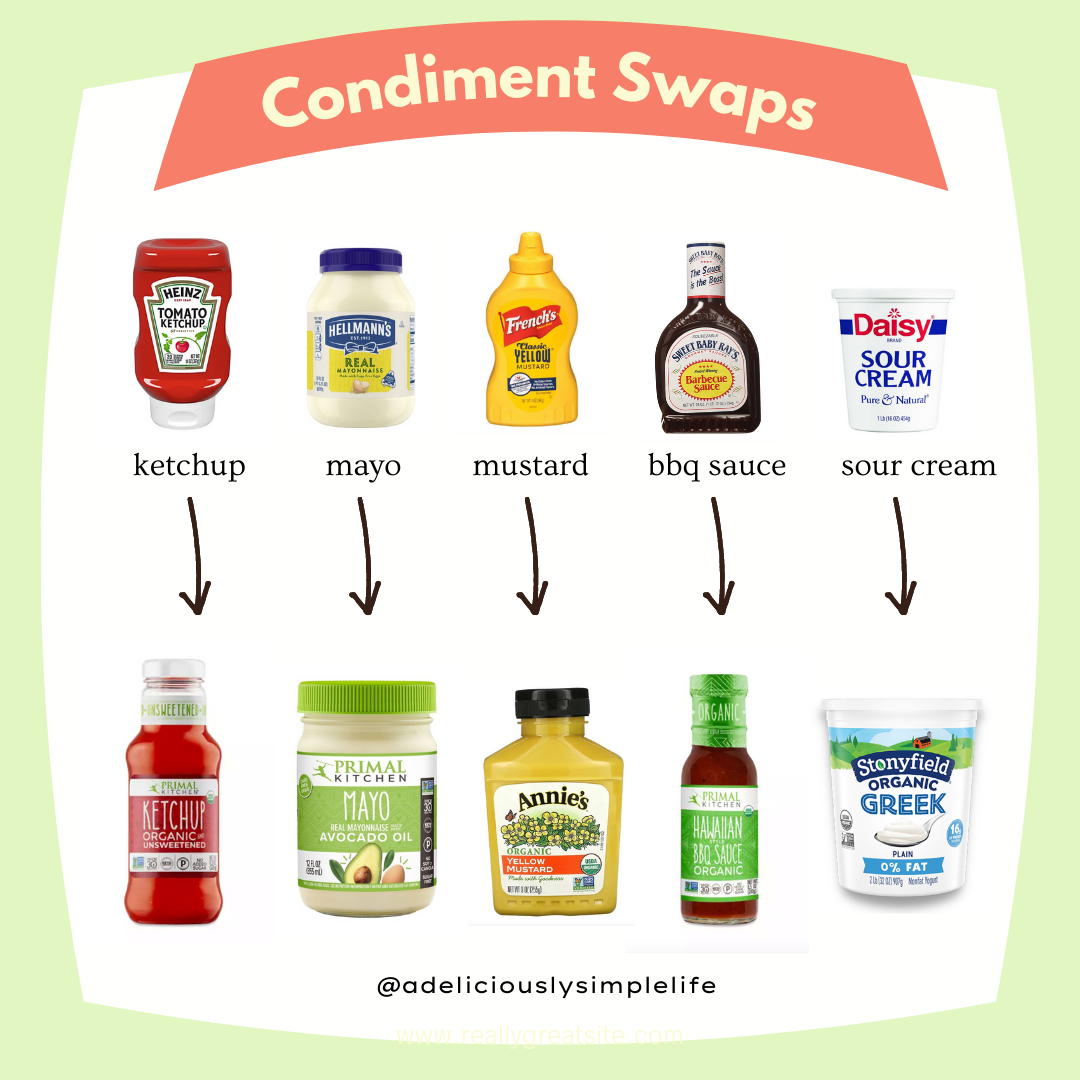 Healthier condiments from real food ingredients: count me in!
Healthier condiments from real food ingredients: count me in!Frequently Asked Questions About Sugar Alternatives
What Is the Healthiest Alternative to Sugar?
The healthiest sugar alternative is one that fits your dietary needs and still satisfies your sweet tooth. Stevia and monk fruit stand out as calorie-free options that are also suitable for diabetics.
Healthy Sugar Alternatives for Tea?
For tea drinkers looking to cut down on sugar, natural enhancers like honey or citrus peels can be delightful options that offer additional health benefits.
Coconut Sugar?
Coconut sugar is an excellent choice for those seeking a less refined sweetener with a lower glycemic index, making it a better option for maintaining steady blood sugar levels.
Healthy Sugar Alternatives for Coffee?
For a healthy and flavorful coffee experience, sweeteners such as stevia, chicory root fiber, or date paste can provide sweetness without the negative health effects associated with white sugar.
Natural Sugar Examples?
There’s a cornucopia of natural sugars like honey, maple syrup, molasses, and agave nectar, each offering distinct tastes and nutritional profiles.
Sugar Alternatives for Diabetics?
Diabetics can safely enjoy sweeteners like stevia, erythritol, and monk fruit, which do not cause a spike in blood glucose levels.
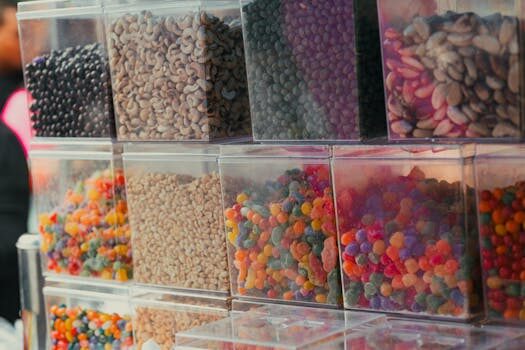
Healthy Substitute for Sugar in Baking?
Apple sauce and pureed bananas are great for adding natural sweetness to baked goods, while sweeteners like coconut sugar and maple syrup can be used as direct replacements for white sugar.
Refined Sugar Vs Natural Sugar?
Refined sugar is highly processed and devoid of nutrients, whereas natural sugars can provide some nutritional value and are generally less harmful to health.
One way to see how these natural sweeteners can be used in everyday life is through visual examples. Below is a video that showcases how to incorporate healthier sweeteners into various recipes:
 Whole grains vs. refined grains: why this easy swap matters
Whole grains vs. refined grains: why this easy swap mattersRemember, while choosing natural sweeteners is a step in the right direction, moderation is key. Even the healthiest alternatives can contribute to excess calorie intake when not used judiciously. By incorporating these 11 natural alternatives that are healthier than white sugar, you’ll be well on your way to a more balanced and nutritious diet.

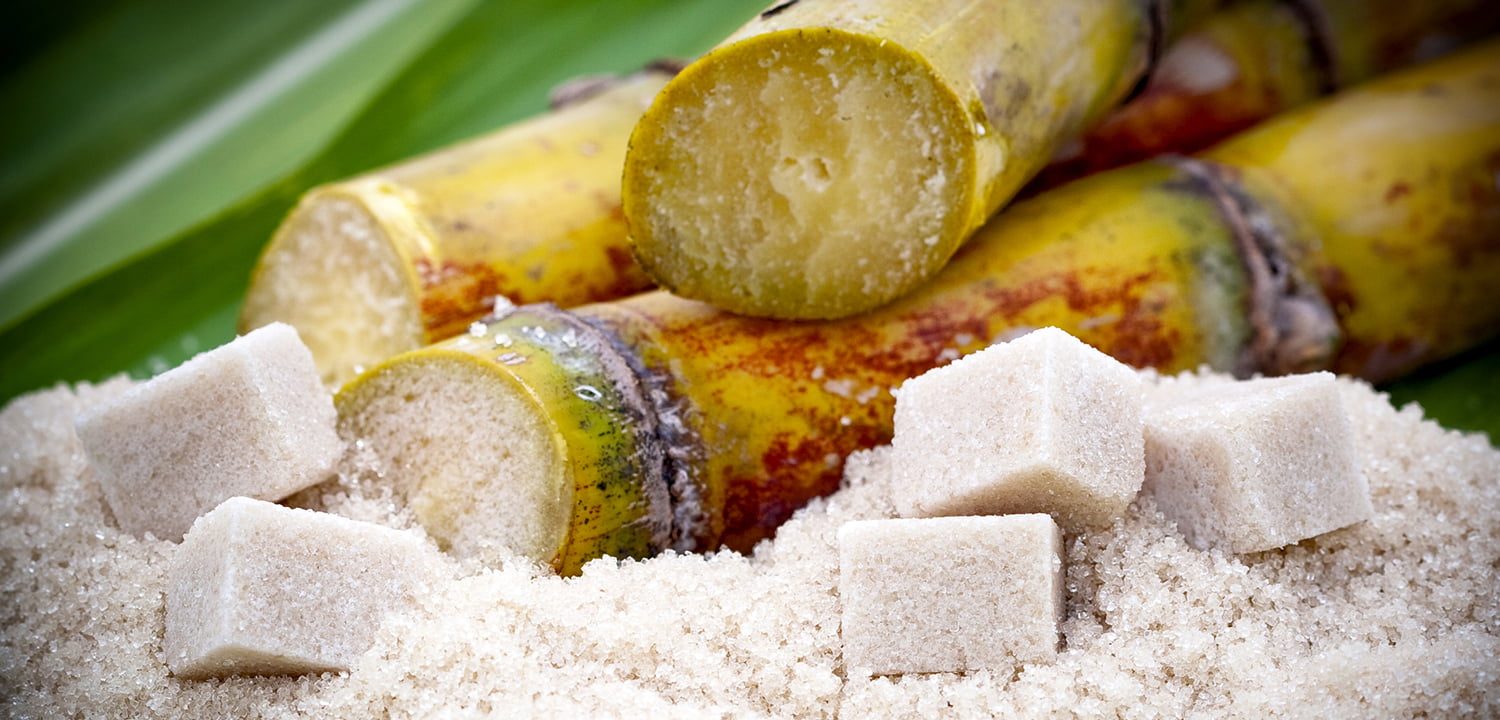
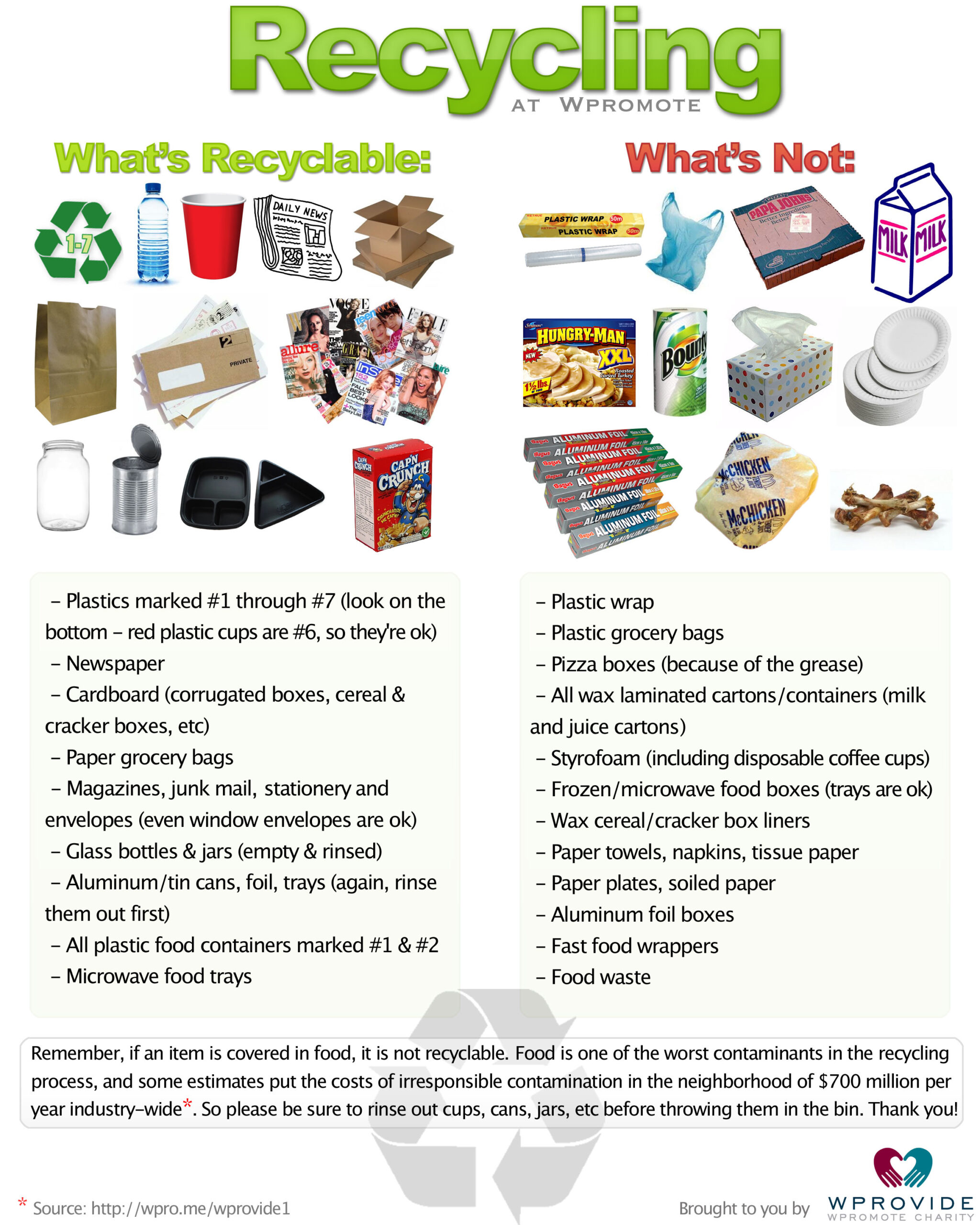
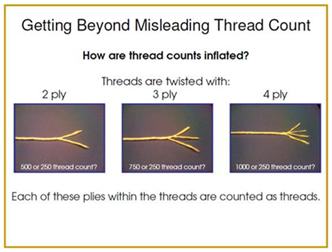

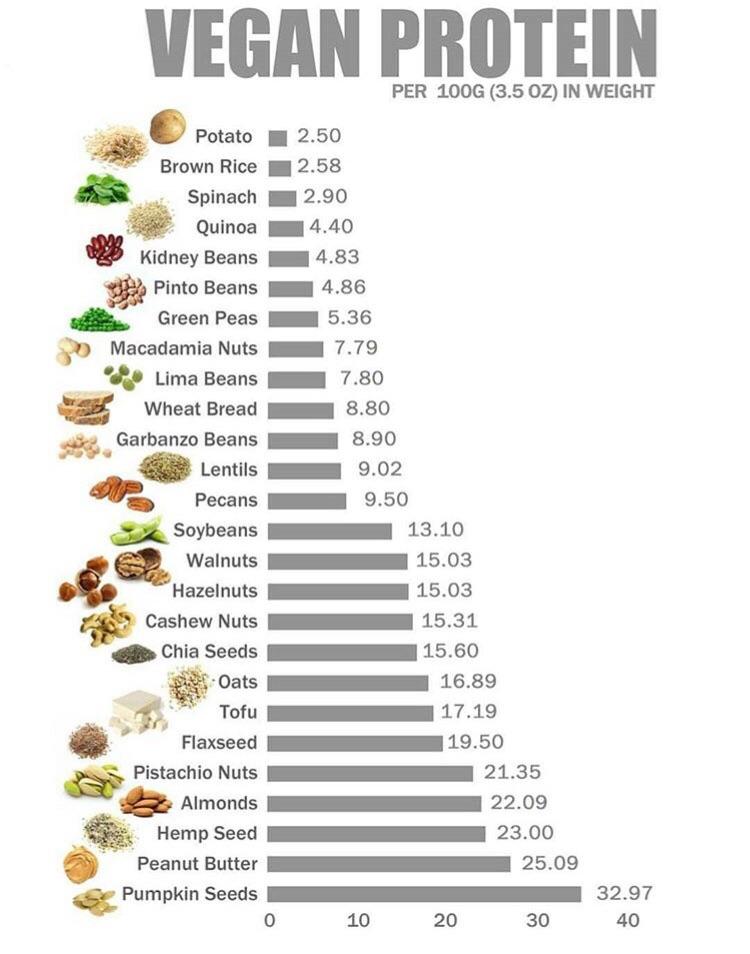

This is such an insightful post! It’s awesome to see a breakdown of healthier sugar alternatives that not only add sweetness but also some nutritional benefits. I love using maple syrup for its flavor, and it’s great to know it offers minerals too. The idea of using citrus peels in tea is a game-changer—definitely trying that next time! Thanks for making the switch from white sugar feel so much more approachable and tasty.